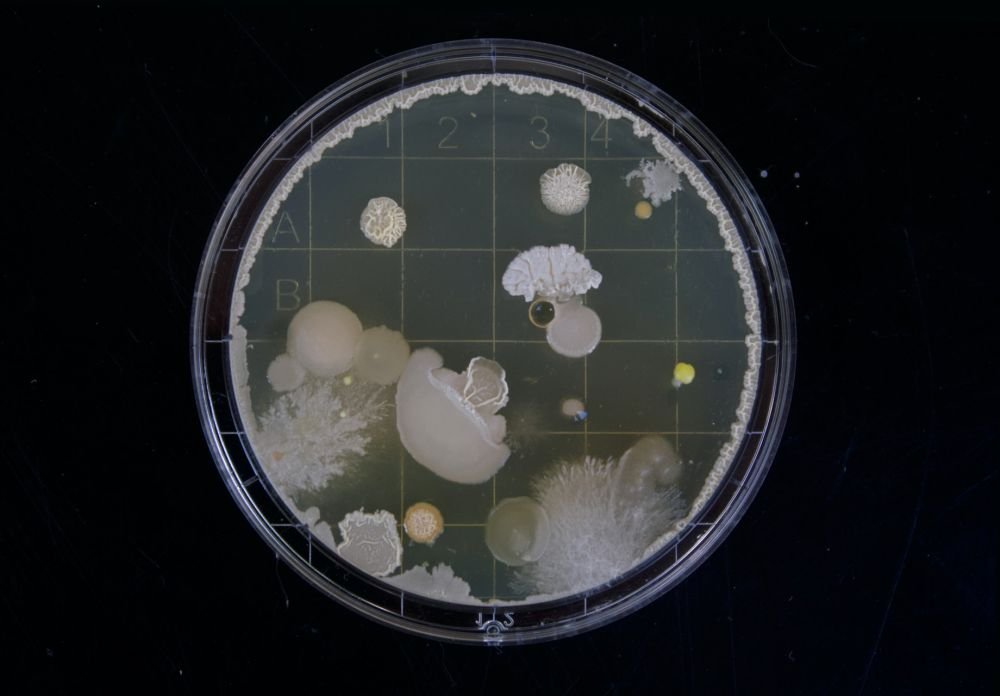
Researchers at the University of Exeter in the UK have found that some fast-growing bacteria can avoid antibiotics. And this requires greater concentration or re-treatment.
Fast-growing individuals in bacterial colonies show a much higher expression of active ribosomes – particles inside cells that synthesize proteins. This makes it possible for bacteria to evade the accumulation of antibiotics from the macrolide category. Thus, these microorganisms resist antibiotic therapy and retain their pathogenicity. The results obtained can be used to develop more highly effective antibiotics that will take into account the identified bacterial survival strategy.
Infections caused by bacteria can provoke food poisoning, pneumonia, sepsis and other serious illnesses. Yes, many of them can be treated with antibiotics, but in recent years there has been a pronounced problem of antibiotic resistance on our planet, which is associated with the uncontrolled use of these drugs. In many countries of the world, including Russia, antibiotics can be purchased without prescriptions, and people actively use them in self-medication. And this leads to the fact that bacteria acquire resistance to drugs.
In order for an antibiotic to defeat a bacterium, it must reach its cellular target and at the same time have a concentration sufficient to suppress its growth. And in fast-growing bacterial colonies, this is not always possible. This is why antibiotic resistance continues to threaten all currently viable treatments. (READ MORE) 
University of Exeter
Medicine
public higher education institution. The university campus is located within the city of Exeter
